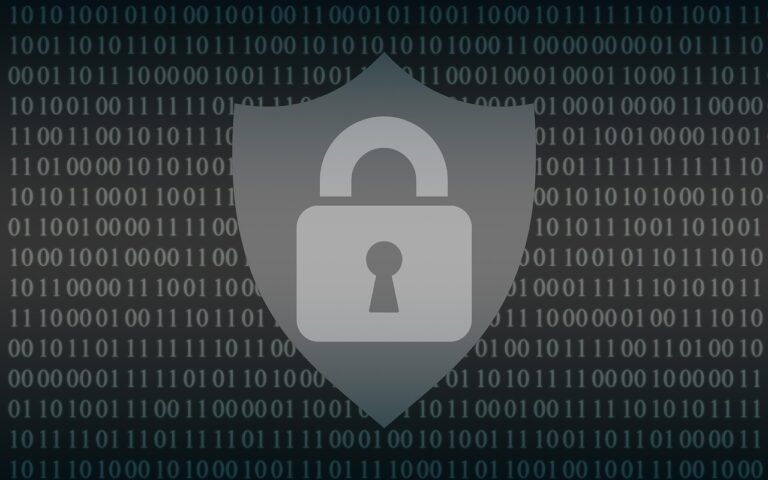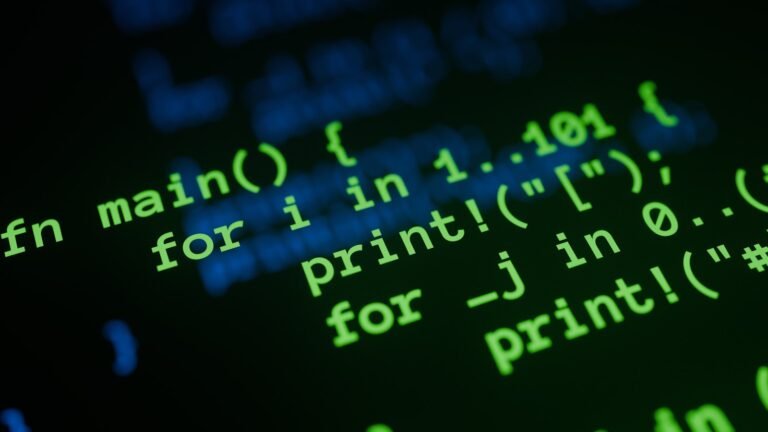What is the Importance of Provable Randomness in Cybersecurity?
Random numbers serve as the cornerstone of cryptographic security, forming the basis for generating secure keys essential for protecting sensitive information. Cryptography relies heavily on the unpredictability of these random numbers to ensure that data remains confidential and secure from unauthorised access. As organisations increasingly adopt quantum-resistant algorithms to safeguard their data against the potential threats posed by quantum computing, it becomes crucial to scrutinise the randomness that underpins these advanced cryptographic methods. The integrity of these algorithms hinges on the quality of the random numbers they utilise, making it imperative for businesses to invest in robust random number generation techniques.
In the evolving landscape of cybersecurity, the importance of randomness cannot be overstated. As quantum computing technology advances, traditional cryptographic methods may become vulnerable, necessitating a shift towards quantum-resistant solutions. However, the effectiveness of these new algorithms is directly tied to the randomness of the keys they generate. Organisations must ensure that their random number generators are not only reliable but also capable of producing high-quality randomness to maintain the security of their cryptographic systems. By prioritising the examination of randomness in quantum-resistant algorithms, businesses can better protect their data and fortify their overall cybersecurity posture.







